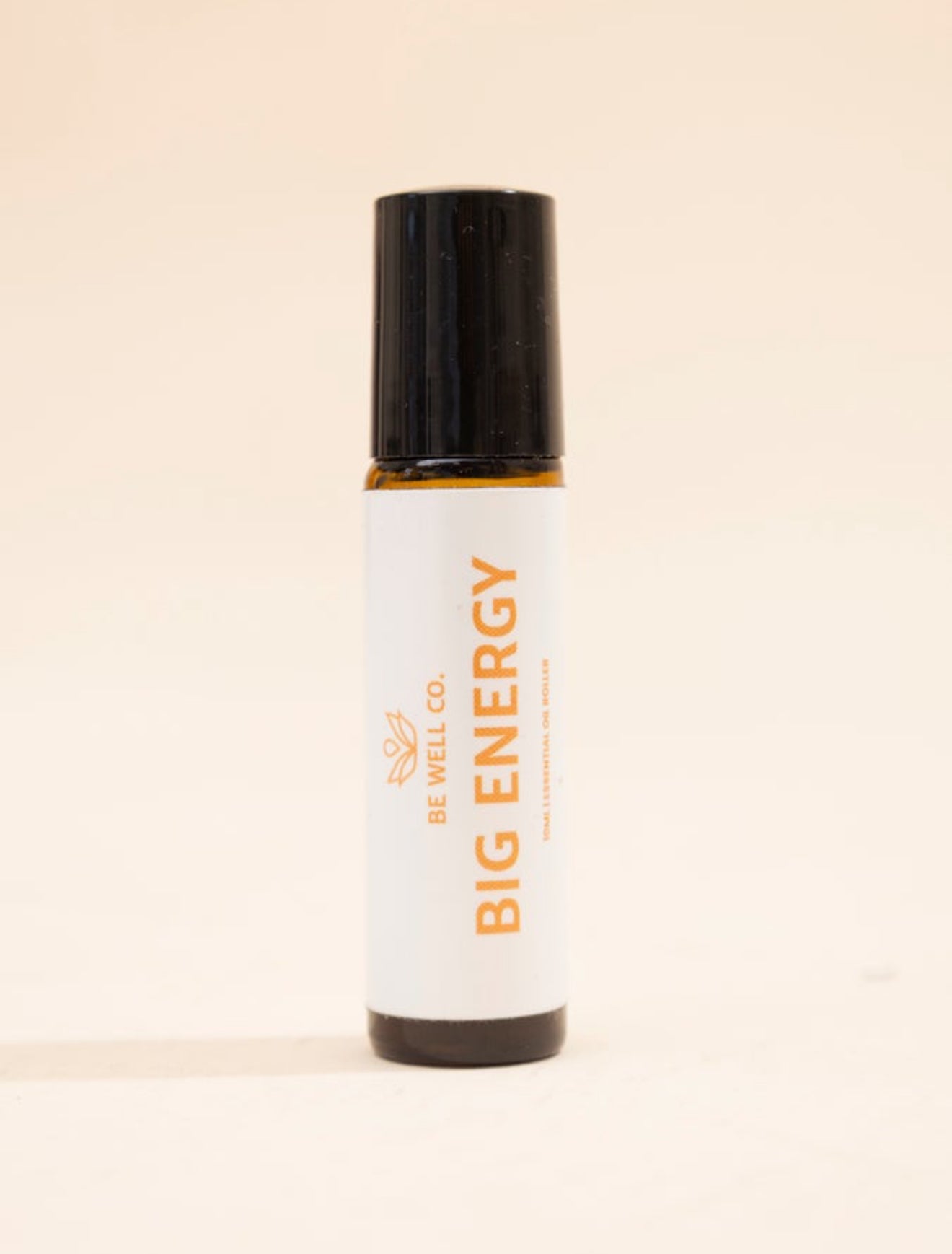
The Power of Mindfulness: How to Reduce Stress and Boost Mental Health
Share
In today’s fast-paced world, stress has become a common part of daily life. More people are turning to mindfulness as a way to cope with these pressures and improve their mental health. Mindfulness, a practice rooted in meditation, has gained significant popularity in the wellness community. Its ability to help individuals manage stress, reduce anxiety, and foster mental clarity is widely recognized. But what exactly is mindfulness, and how can it enhance our mental well-being?
What is Mindfulness?
At its core, mindfulness is the practice of being fully present in the moment. It involves paying attention to our thoughts, feelings, and surroundings without judgment. This simple act of awareness helps us break free from the cycle of stress and worry that often accompanies our busy lives. Though mindfulness has been popularized in recent years, its origins trace back to ancient meditation practices, particularly in Buddhist traditions. Today, it is used as a powerful tool for promoting mental and emotional balance.
Benefits of Mindfulness for Stress Reduction
One of the most significant benefits of mindfulness is its ability to reduce stress. By focusing on the present moment, mindfulness helps decrease the production of cortisol, the body’s primary stress hormone. Lower cortisol levels result in reduced anxiety, allowing individuals to respond to stressors more calmly.
Moreover, practicing mindfulness improves focus and emotional regulation. Instead of reacting impulsively to stressful situations, mindfulness encourages a thoughtful, measured response. This can lead to better decision-making and a greater sense of control over one’s emotions.
Scientific studies support the link between mindfulness and mental health. Research has shown that regular mindfulness practice can lead to decreased symptoms of anxiety and depression, improved cognitive function, and increased emotional resilience. As a result, many mental health professionals now recommend mindfulness as part of treatment plans for stress-related conditions.
Easy Ways to Practice Mindfulness Daily
Incorporating mindfulness into your daily routine doesn’t have to be time-consuming or complicated. Here are a few simple practices that can make a big difference in reducing stress and boosting your mental health:
-
Meditation and Breathing Exercises:
Even just five minutes of meditation can help calm your mind and reduce stress. Focus on your breathing—take slow, deep breaths, and pay attention to how your body feels with each inhale and exhale. Guided meditation apps can also be helpful for beginners. -
Mindful Eating and Mindful Walking:
Bring mindfulness into everyday activities like eating and walking. When you eat, savor each bite, paying attention to the flavors, textures, and aromas of your food. Similarly, during a walk, focus on the sensation of your feet hitting the ground and the sights and sounds around you. -
Journaling and Self-Reflection:
Journaling is another powerful way to practice mindfulness. Take a few minutes each day to write about your thoughts, feelings, and experiences. This simple act of self-reflection helps you stay present and provides insight into your emotions.
Mindfulness Apps and Tools to Get Started
If you’re looking for guidance on beginning a mindfulness practice, there are several apps and tools available to help. Some popular mindfulness apps include:
-
Headspace: Offers guided meditations and mindfulness exercises for beginners and experienced users alike. Headspace provides easy-to-follow courses on reducing stress and anxiety.
-
Calm: Known for its soothing visuals and soundscapes, Calm offers a range of mindfulness meditations, breathing exercises, and sleep stories to help you unwind and stay present.
-
Insight Timer: This free app features thousands of guided meditations, mindfulness practices, and timers to help you stay on track with your practice.
Tips for Staying Consistent
- Start small by practicing mindfulness for just a few minutes each day, gradually increasing the time as you get more comfortable.
- Set reminders or schedule specific times in your day for mindfulness to help create a habit.
- Be kind to yourself! If your mind wanders, gently bring it back to the present without judgment.
Conclusion
Mindfulness is a powerful tool for reducing stress and boosting mental health. By taking a few moments each day to focus on the present, you can significantly improve your emotional well-being and resilience to life’s challenges. Start incorporating mindfulness into your daily routine today, whether through meditation, mindful eating, or journaling, and experience the benefits of a calmer, more focused mind.

